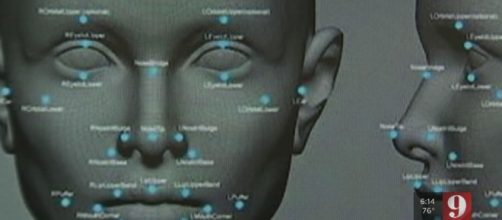The General Accounting Office (GAO) released a report Wednesday that chided the FBI and the Justice Dept. for not following some privacy laws when using the latest facial-recognition technology. The watchdog agency also said that both agencies had “not taken sufficient action to help ensure accuracy of its face-recognition technology.”
Facial-recognition technology triggers major privacy concerns
GAO performed the study because although technological advancements of face-recognition over the last few decades have made it easier for law enforcement agencies to snag criminals and terrorists, it has also triggered concern among privacy advocates and members of Congress, regarding the possible invasion of privacy and infringement on Civil Liberties.
Only after reviewing federal privacy laws, FBI operating manuals, and other documentation on its facial-recognition technology, did GAO make its recommendations, according to its report.
Privacy notices lagging behind
In May 2016, the GAO recommended that the Justice Dept. look into why its privacy impact assessments were not being published in a timely manner, as required by law. Moreover, it asked the agency to take immediate corrective action. GAO’s report also pointed out that the FBI did not update its facial-recognition technology and recommended that the “FBI take steps to determine whether systems used by external partners are sufficiently accurate for FBI use.” By just taking the second action, GAO argued that “photos of innocent people” wouldn’t be mistaken for “investigative leads.”
The Justice Dept.
disagreed on the report's privacy recommendation, stating that “it established practices that protect privacy and civil liberties beyond the requirements of the law." The FBI also disagreed with GAO’s recommendation to determine whether the accuracy of facial-recognition systems used by its outside partners were up to par. The “FBI does not have the authority to set accuracy requirements for external systems,” the law-enforcement agency insisted.
At the end of its report, the GAO stuck to its guns saying these recommendations to the FBI and the Justice Dept., though rejected, were “valid.”

